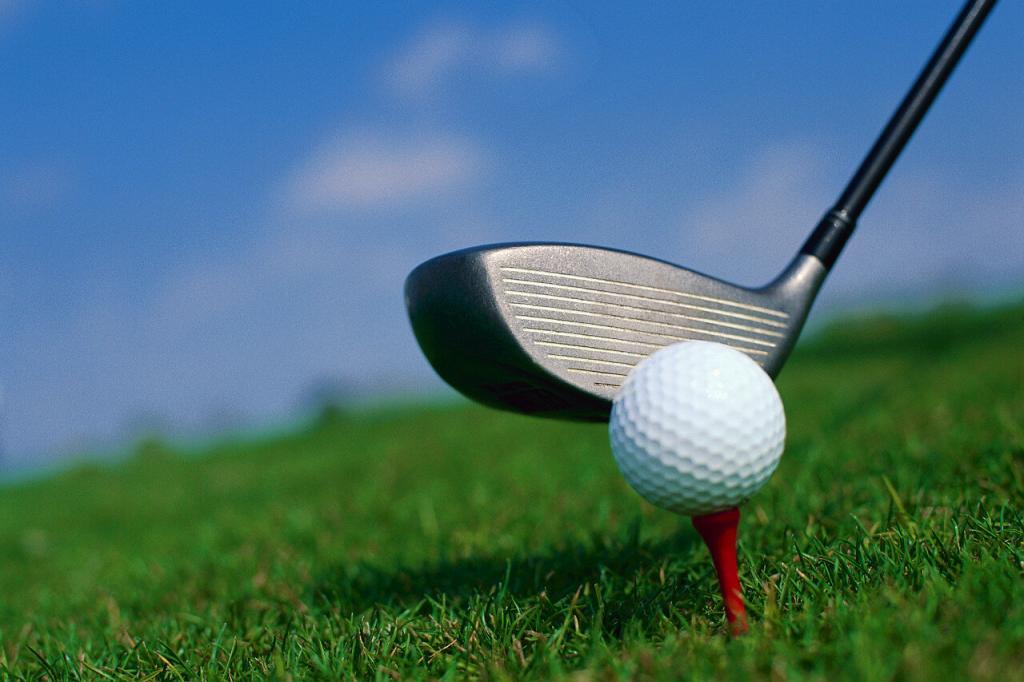Let’s be clear. My golf game is best defined as erratic. On those couple of times a year when I get a chance to play, golf is the part of my life where I take the most risks. Since I am not good enough to get my score down to the 70s or low 80s, I like to go for the great shots just for the (unlikely) thrill of hitting the shot of the day and ignore the voice in the back of my head telling me to play it safe. My friends just shake their heads at me but do enjoy seeing my shots go every direction but the way they should–except when I do get lucky and hit a perfect one. It may not be smart golf, but at least it is not boring.
Most golfers play golf differently than I do. They work tirelessly to lower their score over time. The December 2013 issue of the Journal of Clinical Sleep Medicine has an article that may provide some information for golfers with obstructive sleep apnea: treat it. This study evaluated a group of 12 avid golfers (who play at least 25 golf rounds per year) with untreated moderate to severe obstructive sleep apnea (apnea-hypopnea index above 15 events/hour) and compared them to a control group of 12 golfers who did not have sleep apnea. All participants had a sleep study at the start of the study, with the treatment group receiving CPAP. (Note: the study did not evaluate other treatments like surgery, but almost all studies have shown that the results of treatment are similar for all treatments, as long as they are effective.)
All participants played 20 rounds of golf within 6 months, and only a few received lessons during the study period. Golf performance was measured by the handicap index, a commonly-used measure that is calculated by a complicated formula developed by a group supported by the United States Golf Association. The handicap index takes the 10 best scores over a golfer’s previous 20 rounds and accounts for score on each hole of a golf course and the difficulty of the course, correcting for the fact that different golfers play on different courses.
Sleep apnea treatment can improve your golf game too!
The sleep apnea group used their CPAP for an average of 6 hours a night and decreased their handicap by 1 stroke (12.4 to 11), while the control group had no change. However, the best golfers (with a handicap index of 12 or lower) had a much more impressive improvement, decreased their handicap index from an average of 9.2 to 6.3. While I would not notice a drop of 3 strokes in my handicap index, a good golfer would do almost anything to shave 3 strokes off their scores.
Many people think quality sleep is critical for optimal athletic performance, especially for those at a high level. I was involved with a study of Stanford varsity basketball players that suggested that sleeping more improved their play. We should expect more studies examining the connection between sleep and sports because of the importance of sleep to physical and mental performance.
The bottom line
If you are a good golfer and have untreated sleep apnea, you may get a lot more benefit from treating your sleep apnea than spending more time with lessons or on the putting green. You might also improve your health and feel better too. As for the rest of us…maybe we should get some lessons if we want to get serious about our golf game.




57 + = 66